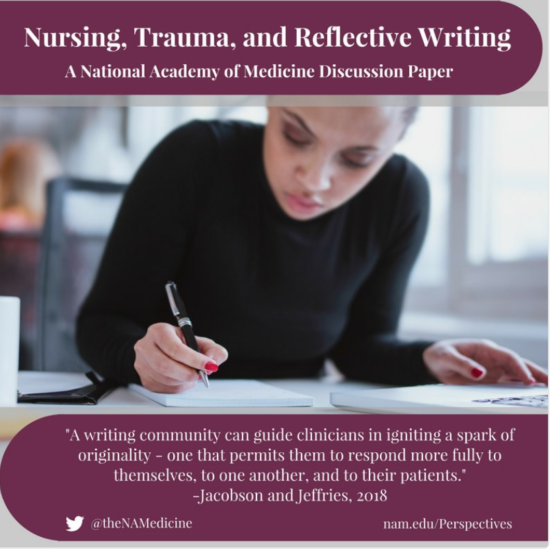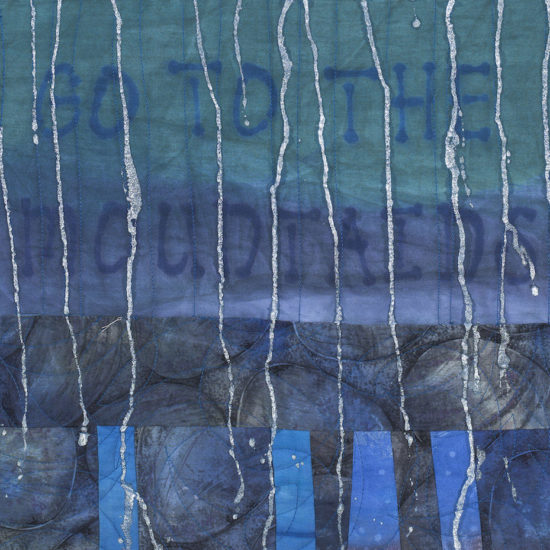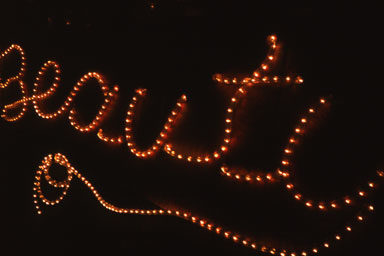
Today is World Poetry Day. This is a repost originally published on HealthCetera in celebration of poetry and our poet-in-residence,
Joy Jacobson. Follow her on Twitter: @joyjaco

Photo by Sam Magill
The CHMP’s co-founder Barbara Glickstein put me in touch with a friend of hers, the poet, photographer, and leadership consultant Sam Magill. The author of Fully Human, a book of poems, Magill has offered us one of his poems that seems to illuminate something I have rarely thought about: how much sleep is like dying and waking like birth.
After dying
This is how I want to wake up after dying:
To slowly become aware as light tiptoes into the room,
To have gentle thoughts that coalesce from dreams—
Soft and fragile, then as clear and focused as the morning air—
To know that after all the difficult passages of a former life
I can smile again and look forward to the day,
Knowing who I have always been,
Knowing exactly what I love,
And what those persistent angels
Have always wanted me to do.
Sleeping and waking, insomnia, reverie, dreams: these are the realms of the poet. Samuel Taylor Coleridge called sleep “the wide blessing.” Theodore Roethke, in one of the great villanelles, wrote: “I wake to sleep, and take my waking slow.” Robert Bly fancied “Our whole body [as] like a harbor at dawn.” The poet Anne Carson, in her wonderful literary exploration in praise of sleep, described it as “that slab of outlaw time punctuating every pillow.”
We aren’t certain why we sleep—brain “maintenance” and governance of the timing of our behavior are recent theories—only that we must. And so we turn to the poets. I’ll give the last word to Sam Magill, who has this to say about the poem:
There is something magical about waking up. William Shakespeare described sleep as “death’s other self,” and so waking up is like being born again. Likewise, as we move through chapters of our lives we experience places of confusion and loss—a career reaching its end, a relationship that is finished, a loss of identity—and when we find our next orientation, there can be a great sense of having died to one thing and beginning a new life. This poem began one morning when the first sensation I had was that of “gentle thoughts that coalesce from dreams.” The space between dreaming and being fully awake is, indeed, magical. It has been called “liminal,” a time when our rational self is not yet activated and our deeper sense of knowing still informs us. Some sort of wholeness emerges there, and I say we are in desperate need of that wisdom in our times.








djmasonrn / June 25, 2012
When I get up during the night, eyes almost still shut, and go to the bathroom, the sense of dying, of nothingness, sometimes fills me. Not sure why. It’s a curious recurrence and not one that I always like.
/
Pingback: Theodore Roethke – “Weed Puller” « Real Poetry / August 21, 2012
/